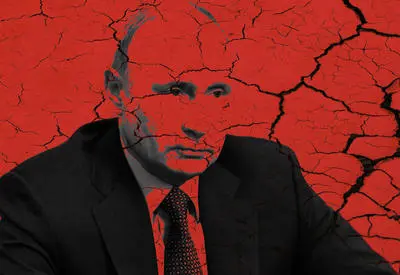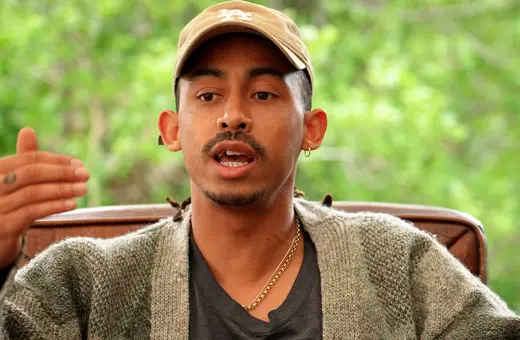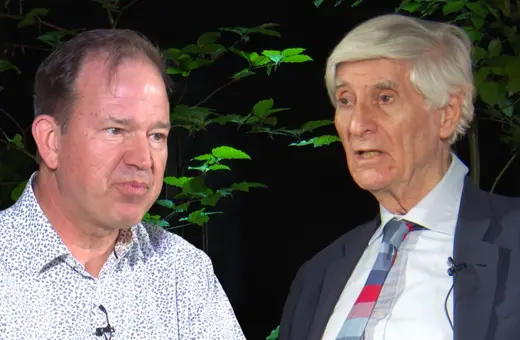Russia, China, Saudi Arabia, these are all countries that the West has moral qualms over. And yet, despite some selective economic sanctions, Europe and the US continue to heavily trade with them. Is this a sign of hypocrisy and weakness on the part of Western leaders? Or is morality simply not a good guide to foreign policy? Politician, journalist and academic Lord Andrew Adonis, one of the U.K.’s leading economists John Kay, and macroeconomist, novelist and former UN humanitarian Janne Teller, recently debated the moral perils of international trade at the HowTheLightGetsIn festival in London.
Several years ago, when it was clear that Saudi Arabia had been systematically brutalizing its female and homosexual population, the BBC’s weekly current affairs show, ‘The Big Question’, ran a debate with the question ‘Should the UK cut ties with Saudi Arabia?’
One of the panelists was the now famous right-wing author and journalist Douglas Murray. When Murray was posed this question directly by the host Nicky Campbell he answered, ‘It’s not that simple…we can’t just cut ties with Saudi Arabia…if we do other countries…far worse countries, will simply take our place’. His response was met by a sea of collective groans, but also a mild smattering of applause. Murray had touched on a very pertinent problem at the heart of Western economics. Prosperity often comes at the cost of trading with everyone, even those who commit atrocities.
 SUGGESTED READING
How we got Putin so wrong
By Stathis N. Kalyvas
SUGGESTED READING
How we got Putin so wrong
By Stathis N. Kalyvas
Fast forward 7 years, this issue has resurfaced in a profound way. At the time of writing, Russia is 9 months into its savage and illegal invasion of Ukraine. Whether one places culpability for this conflict on Putin, erstwhile Western policy, or a mixture of both, most in the West believe it to be an unconscionable act. Despite this, and all the economic sanctions imposed on Russia, the EU is still importing 260 million euros worth of Russian fossil fuels every day.
___
Should we cut ties with nations that commit atrocities? Do we need to keep our enemies close to smooth over global conflict?
___
Similarly, in the past decade, China has not only succeeded in democratically gutting Hong Kong, but has also carried out one of the most well-documented violations of human rights, that some go as far as calling a genocide, of the Uyghur Muslim population in Xinjiang. Despite this, China remains by far the West’s largest goods trade partner.
Such examples pose a myriad of questions: Should we cut ties with nations that commit atrocities? Do we need to keep our enemies close to smooth over global conflict? Do we need to rewrite our core economic beliefs or can free trade be rescued?
This was the topic of just one of the wide range of debates at the most recent HowTheLightGetsIn Festival in London. The line-up was stellar, including former Labour politician, journalist and academic Lord Andrew Adonis; one of the U.K.’s leading economists John Kay, and macroeconomist, novelist and former humanitarian Janne Teller.





















Join the conversation